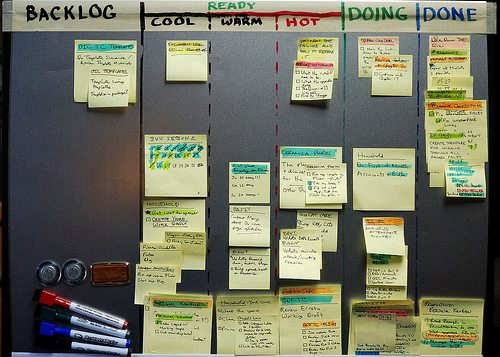In business, delegation happens every day, in every department, and in every team. Sometimes we possibly don’t even realise that we are delegating, for what reasons, or why we are doing so. Some of the excuses that I have heard over the years are fantastic, for instance, “I don’t have the time to do this, could you do it for me?”, “I would delegate more, but I haven’t the time”, “I can’t trust anyone to do it properly so I have to do it myself” or “by the time I have explained this to someone I could have done it myself.” The latter I have heard many times, and all of the above reeks to me of bad management practise.
The same rules apply to delegating no matter what type of business, department or team you are responsible for. Delegation is a massive management skill in building and growing a team, business, and an individual’s career development, as well as your own management skills and your future personal career.
It is crucial to communicate with the team individually and explain how they can grow within the business. Delegating extra responsibilities will, in the long-term, create a thriving team and help personal career development. The first step in developing a highly motivated and successful team is to always keep a note of where you feel that the team can become more effective and efficient. This will help them to grow and build their career steadily and securely.
A major point in delegation is to make sure that you give the task to the most suitable person, and the one who will benefit the most from this experience. You will need to explain the task in hand fully, support the individual throughout the process, appraise the results and discuss the strengths and weaknesses. If you don’t help an individual grow and develop, he or she will probably leave your team for greener pastures.
If you were to put these things in place tomorrow you can imagine how much more motivated and strong your team could become in a short period of time. It frees up your time from jobs that you shouldn’t be doing, and allows you to concentrate on jobs that you should be doing and plan your teams future successes. Good Luck.


